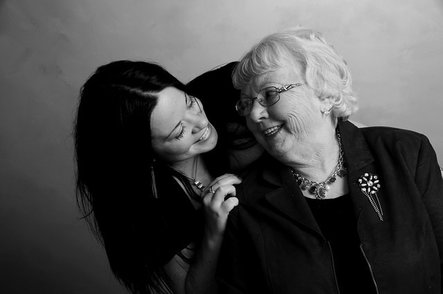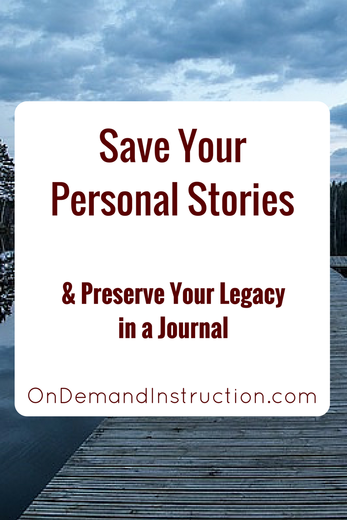 As the anniversary of my dad’s passing approaches, my sisters and I have started to plan how to acknowledge it. We usually go to lunch at his favorite restaurant, but now we are open to new ideas—trying out other things he liked, going places he liked to go, or fulfilling goals that he wasn’t able to complete in time. After he passed, I was in a heartbroken state for months, and every year on his birthday, I am a crying mess the whole day. Last year, I don’t think I stopped crying for hours. His passing has been so much harder than I anticipated. Ours is a family without many photographs. We have a few here and there, a couple of family portraits taken at JC Penney or some fuzzy snapshots at birthday parties, but we lack the dusty, swollen boxes of printed photos that some families have, where there are enough prints to pass around to everyone. In fact, I have only one photo of him. And yes, I do miss the photos, but I also miss the stories. I missed out on the chance to collect his stories, to write down the events of his life, and to be able to reflect back on those events and pass them onto my own kids. I failed to collect his stories, and I dearly wish that I had thought of it sooner. My dad was a baby boomer born in 1949 with a sister born in 1950—Irish twins. After he passed, I traveled to my aunt’s house to visit during summer vacation, and we talked about him. She told me things I never knew. He couldn’t say his name when he was little so called himself Klocky. He was overweight as a kid. Traveling to Ireland was one of the worst things to happen to him since he did the bar crawl every night, though seeing the homeland was a dream come true. He attended college but didn’t see the point in continuing so he left. He got his head stuck in a wooden chair when he was little and his blind grandmother hacked the chair to pieces with an axe to free him (it is amazing to me how many people survived childhood). My dad was not a writer. He was not the person who would sit down with a journal and furiously dash out paragraphs to collect the tales of his life. He also was not a reader (even though I admit that I bought him a dozen books that I thought he would like if he would just try them). But, had I given him a journal with questions already written in it—what was your nickname as a kid and how did you get it? Where have you traveled and what was your favorite place to visit? And what steps have you taken to overcome adversity in your life? If I had given him a journal with questions written in it, I may have been able to collect some of the stories of his days on Earth. Or if I had shown up with a notepad and asked him questions, I could have collected the details of his life and kept track of them for our family to enjoy now. My kids are little and they ask me about Grandpa Pat. What was he like? What were his favorite movies? What were his favorite meals? Where did he grow up? I only know a few of the answers to these kinds of questions, partially because I didn’t pay close enough attention 30 years ago when I lived with him, and partially because I didn’t write them down. His stories become grayer with each passing year. As the baby boomers age, enter retirement, and eventually pass, what will the younger generations do? Will we lose their stories to time just as has happened for previous generations? Or can we take a couple of small steps towards capturing the stories of our loved ones and preserving them? The process of capturing personal stories in a journal can be reasonable simple. The simplest solution is to hand over a journal and ask our elders to start writing down stories, and for some of them, that would work out. But for people like my dad who did not enjoy reading for pleasure or writing anything longer than a grocery list, that method would be difficult at best to execute. For people who do not write naturally, providing guiding questions to initiate journal posts could help them get started. If they have questions to answer, then they are not depending on their own inner creativity to decide what topics to write about. As well, conducting an in-person interview could work out well for some who prefer not to write at all. If you have an elder friend or family member who does not want to write, asking that person questions to collect in a journal can save the details of their lives for decades to come. I wish that I had considered writing down my dad’s stories before he passed, but I missed out on that opportunity. I will have to focus my energies into collecting the life stories of other baby boomer family members so that their tales can be preserved. Related Blog Posts
Comments are closed.
|
About the SiteWelcome, Writers! Archives
September 2023
|







 RSS Feed
RSS Feed